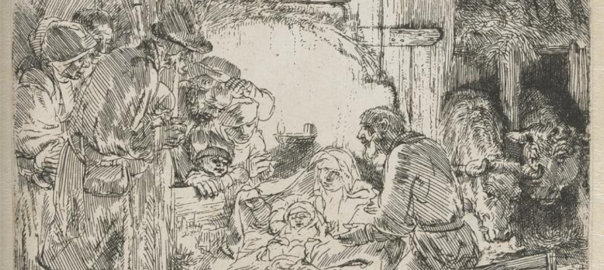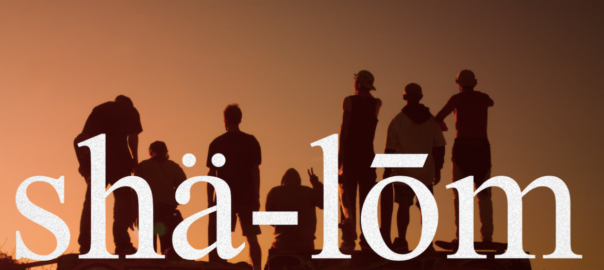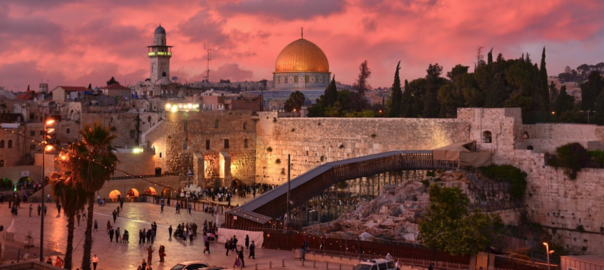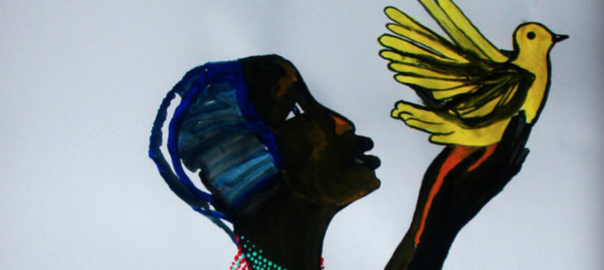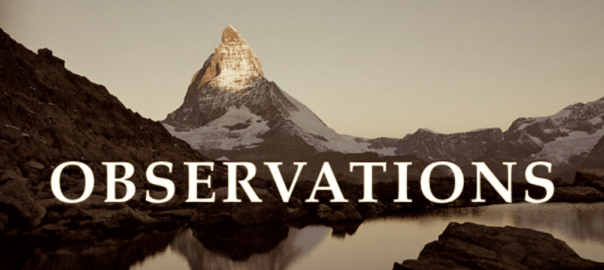
We see so many “resistance” movements. How about a “surrender” movement?
Today I surrender…NOT to fatalism, but to:
The holy love of the Trinity. The reconciling and restoring mission of Jesus.
Compelling love that serves others in all I do. Listening deeply to the hurts and hopes of others.
The moral absolutes in the teachings of Jesus, ending my excuses for compromise.
Helping make the world a better place.
It is easy to resist with anger…harder to surrender with love.
How we feel matters…how we think matters more…and what we ultimately do matters most.
Agape love is both affection and action for the good of others.
A critical mind is not a judgmental heart. May we (re)learn the art of evaluating arguments and evidence, without castigation or hypocrisy.
Disagreeing with another’s perspective – even on moral and political issues – does not mean hatred or intolerance. Living peaceably with our deepest differences while we find common principles of ordered liberty requires humility and courage.
(From September 2017) Dear Republican and Democratic leaders,
While the public is distracted by kneeling, standing and tweeting, you are failing in your public service. Only courage will stop the polarizing forces tearing us apart.
Republicans, you were elected so we can have better stewardship of policy and public funds…and you cannot seem to pass any bills of note.
Democrats, you keep drifting to radical extremes while most of America wants a principled middle…can’t some of you propose bills for negotiation and eventual passage? Lock-step voting is a tired excuse for serious labor.
To both parties: Please stop the grandstanding and self-righteousness and start doing your job.
The president is not a king or a savior…and the courts are not legislatures (in spite of some of both branches antics over the past half-century).
Instead of hand-wringing and blame-shifting, start working. I want to believe you have the best interests of our citizens in mind.
Prove it.

